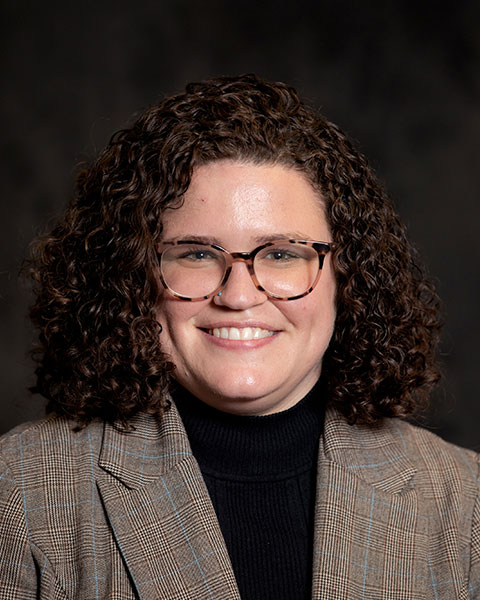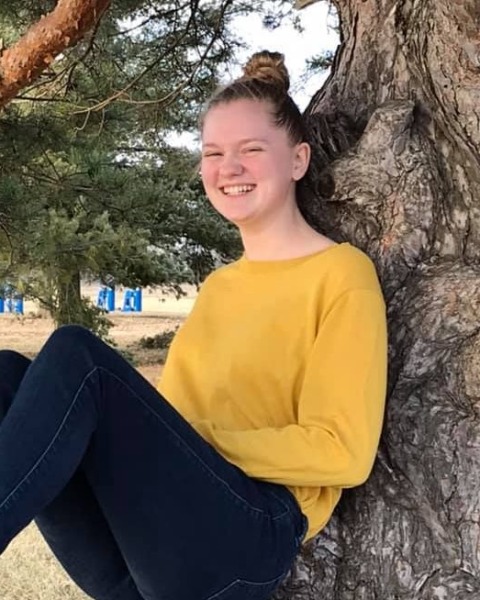LGBTQ+
(PS8-53) Is Our Research Inclusive? Experiences in Psychological Research for Participants Identifying as Transgender and Gender Diverse

Allura L. Ralston, Ph.D.
Postdoctoral Fellow
Yale University
Mechanicsburg, Pennsylvania, United States- TH
T. Zachary Huit, Ph.D.
Postdoctoral Psychology Fellow
Ann & Robert H. Lurie Children's Hospital of Chicago
Chicago, Illinois, United States 
Christen Seyl, B.S.
Research Specialist
University of Wisconsin - Madison
Madison, Wisconsin, United States- JT
Josselyn Y. Telule, B.A.
Graduate Student
University of Southern Mississippi
HATTIESBURG, Mississippi, United States - KE
Kevin Escobar, B.A.
Immigrant trafficked victim minors case manager
University of nebraska Lincoln
Lincoln, Nebraska, United States .jpg)
Debra A. Hope, Ph.D.
Aaron Douglas Professor
University of Nebraska-Lincoln
Lincoln, Nebraska, United States
Author(s)
Co-Author(s)
Despite increased focus on research questions specific to transgender and gender diverse people, little attention has been paid to their inclusion in general behavior health studies. Research practices have historically excluded transgender and gender diverse communities by either explicit exclusion criteria or failure to be inclusive of these identities by using demographic questions that include only the male/female binary (assuming cisgender). There are several guidelines and recommendations for conducting affirming and ethical research with TGD populations, however, no empirical research exists on applying ethical standards for social and psychological research for TGD communities. The present study sought to pilot and test these recommendations by adapting research materials and procedures to increase TGD inclusivity and affirmation. Following pilot testing with TGD community members an social scientist researchers, 44 TGD participants (ages 19 and older) who were randomized to either view the revised adaptations of affirming materials and procedures (e.g., recruitment flyer, consent document, demographics, measure) or non-adapted materials (typical materials in general research studies). Results show that participants rated the adapted materials and procedures as more affirming, specifically on the Flyer [t(40.189) = -.47, p < .001], Demographics [t(42) = -2.13, p = .039], Procedures [t(41) = -3.98, p < .001], and Questionnaires [t (35.019) = -5.51, p < .001]. Participants also stated they would be more likely to continue in a study using these materials and procedures, and would be more likely to recommend another TGD person to the study. The present study also sought to examine if constructs such as critical consciousness and experiences of gender marginalization stressors moderated the relationship between condition and ratings. Results show that with the exception of internalized transphobia there is no significant relationship between these constructs. These results suggest there are tangible changes that can be made to research practices that are more inclusive and affirming of TGD identities. In a sociopolitical landscape that has increased stigma and discrimination amongst TGD communities, it is of crucial importance that diverse TGD voices and perspectives are represented in our general research practices. This foundation of more gender-diverse representation in our research can better inform our clinical and advocacy work to meet needs of our communities.

.png)
